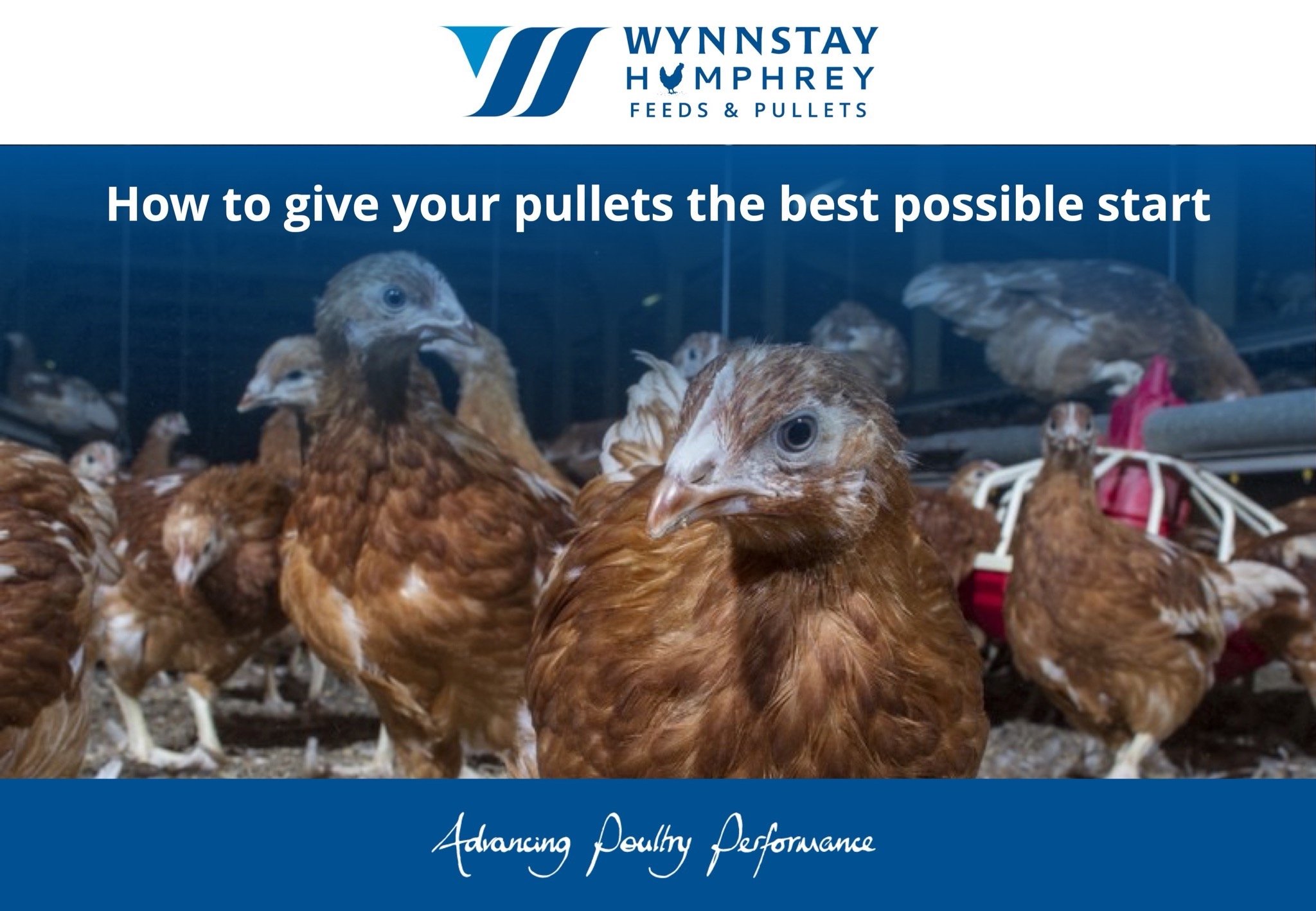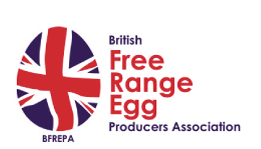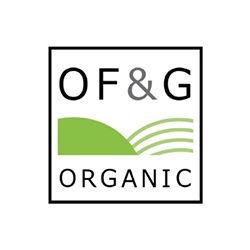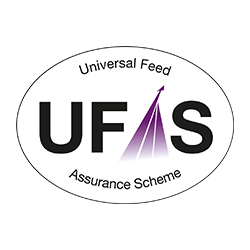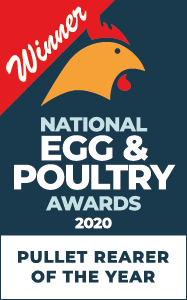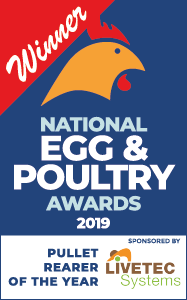The government confirmed on Wednesday 11th November that an Avian Influenza Prevention Zone (AIPZ) has been put in place across England to stop the disease spreading. Scottish and Welsh governments have introduced prevention zones at the same time.
There have been three separate outbreaks of AI in the last seven days which has forced the government to act in order to stop the further spread of the disease.
This interactive map is a useful tool to see where the current control zones and areas of high risk are and we suggest you bookmark it.
The declaration of an AIPZ means for producers that it is a legal requirement to follow strict biosecurity measures as opposed to being strongly advised. The potential penalty for breaching the rules is a maximum of three months in prison and an unlimited fine in England.
As stated by UK Chief Veterinary Officer Christine Middlemiss:
“Whether you keep just a few birds or thousands, you are now legally required to meet enhanced biosecurity requirements and this is in your interests to do, to protect your birds from this highly infectious disease.”
Keepers with more than 500 birds will need to:
heighten their bio-security and vigilance to wild birds to ensure that potential cross infection is reduced
minimise access for non-essential people on their sites
ensure clothing, footwear and vehicles are cleaned and disinfected
feed and water birds in enclosed areas to discourage wild birds
keep open areas unattractive to wild birds eg. by netting ponds
fence off wet or marshy areas and disinfect concrete areas
At Humphrey Feeds & Pullets we have heightened our biosecurity measures and have plans to raise them further should a housing order be put in place. Whilst there is logic to say that birds should be housed immediately, there is also the challenge that birds can only be housed for 16 weeks before marketing regulations come into effect which prevent the eggs being marketed as free range. Therefore there is an argument to delay the housing order, so that the end of the 16 week period coincides with the end of the migratory season
Poultry producers and members of the public should report dead wild birds to the Defra helpline on 03459 33 55 77 and keepers should report suspicion of disease to APHA on 03000 200 301.
For further information on how to spot AI and what to do if you suspect it, and measures to prevent it click on the following avian flu advice.




